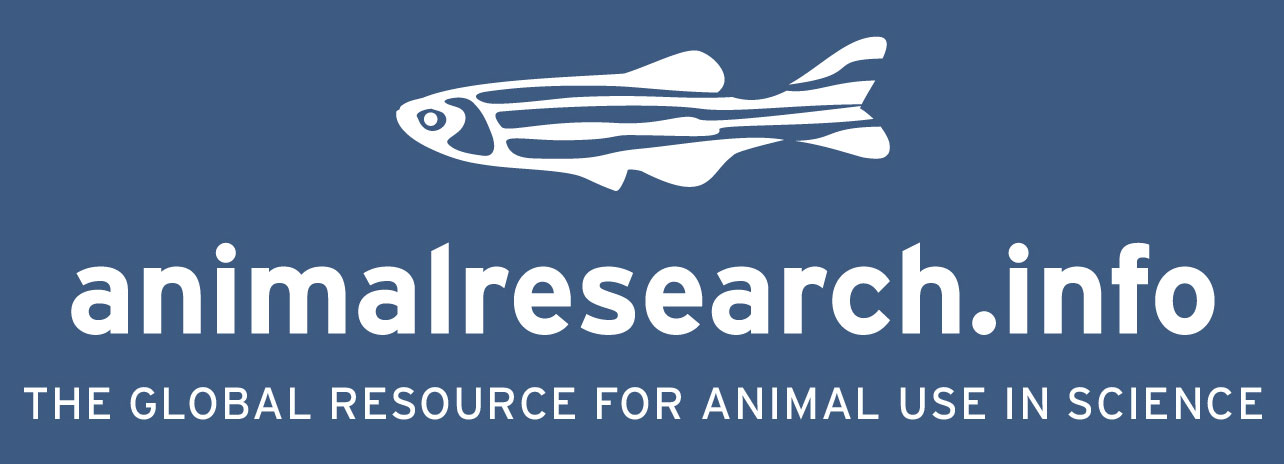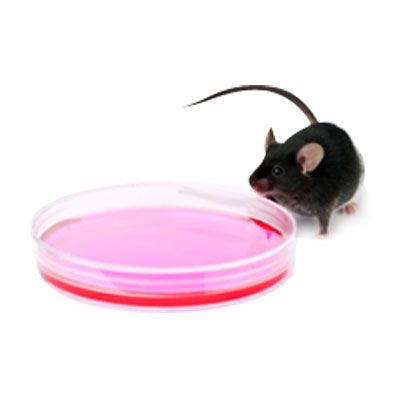Alternatives and the 3Rs
Improving welfare for laboratory animals is a major concern of researchers, technologists and policy makers. The ethical framework known as the ‘3Rs’ – which stands for Replace, Reduce and Refine – helps us make sure that standards of care are always improving. Application of the 3Rs framework is required by law in the UK and EU whenever animals are licenced for laboratory use.
In the UK the National Centre for the Replacement, Refinement and Reduction of Animals in Research - NC3R's help the research community use the latest science and technology to replace animal studies.
Replace
Animals cannot be used if there is another way of doing the science. They must always be replaced with something else if it is possible to do so.
New approaches such as tissue engineering, stem cell technologies and computer modelling have all been used to replace animal models in some areas of research. For example, it has been illegal to use animals to test cosmetics or their ingredients in the UK and EU for some time now, but new cosmetics can be developed because laboratory-grown human skin testing can be used instead. As more replacement technologies are developed, fewer animals will be used, although it is not yet possible to abandon animal models altogether because there are still things replacements cannot do, because o non-animal model can yet replicate the full complexity of a whole living animal.
Back to the topReduce
If they cannot replace animals altogether, researchers must always use the smallest number of animals possible.
Reductions in numbers can often be found by using refined statistical analysis and computer modelling, as well as by re-examining the findings of studies already conducted (which is called a systematic review), improving animal models so that they give better information, and by careful experimental design.
Where the number of animals in a study cannot be reduced, it is sometimes possible to maximise the amount of information gained from the animals instead. This should help reduce the total number of animals used over time.
Back to the topRefine
Any change to an experimental design or living conditions to make life easier for the animals is called a refinement . This includes creating rich environments for the animals to explore in their cages, keeping social animals in groups, and using medicines and anaesthetics to reduce or remove pain.
Refinement is an on-going process, often driven by the technicians who care for the animals daily. Sometimes even a small refinement can have a major impact on the experience of animals. Using glass tubes to pick mice up instead of holding them by the base of their tails, is less stressful and reduces anxiety during routine health inspections, for example.
Any application for an animal research licence musty outline what refinements the team intend to make to improve animal welfare.
Refinement not only benefits animals, but can also improve the quality of research findings by reducing the level of stress in animals.
Enriching laboratory monkey day with food, http://www.labanimaltour.org/oxford
Back to the topLast edited: 4 March 2021 10:17

